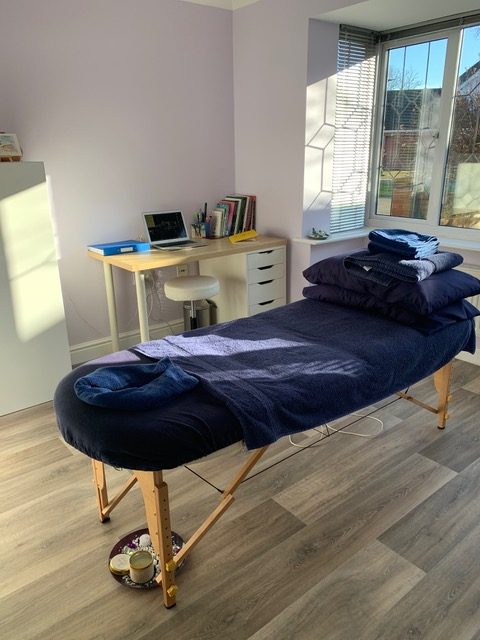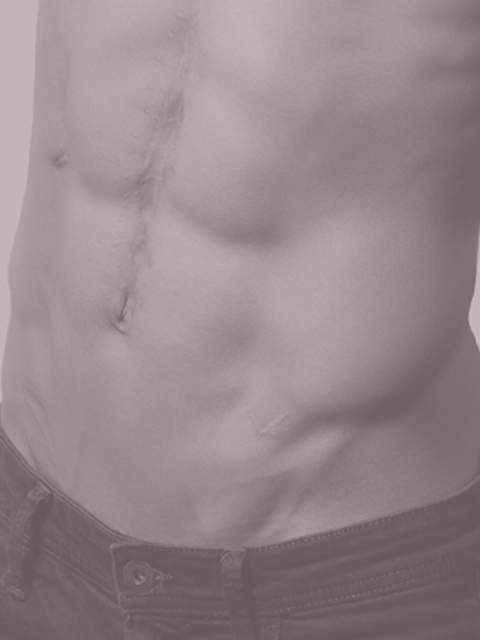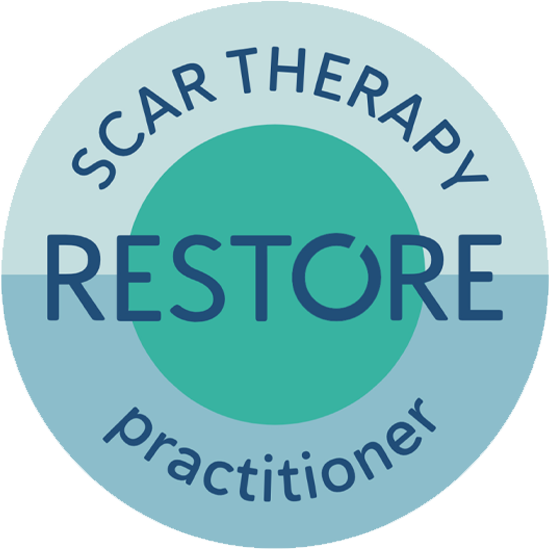
Soft Tissue Therapy
Soft tissue therapy is a form of manual therapy that focuses on treating musculoskeletal issues by targeting the soft tissues of the body, such as muscles, tendons, ligaments, and fascia. It involves various hands-on techniques aimed at improving the health and function of these tissues, reducing pain, increasing range of motion, and promoting overall well-being.
I use a range of techniques including.
- Massage – Involves manipulating the muscles and other soft tissues through various strokes and pressures to alleviate tension, improve circulation, and promote relaxation.
- Soft tissue release – Is a dynamic and active technique used to address tightness, restrictions and adhesions in tissue. I apply a “lock”, fixed pressure to an area and move the tissue away from the lock to create a stretch.
- Muscle energy techniques – Are often used to improve function and range of motion. The muscle is contracted and relaxed whilst being moved and held at increasing ranges.
- Trigger point therapy – Trigger points are hypersensitive nodules within tight bands of muscle causing pain and discomfort. These can be treated using compression, stretching and dry needling
- Acupuncture – Acupuncture is the insertion of thin flexible single use pre-sterilised disposable needles into the soft tissue. Acupuncture can be integrated into your soft tissue treatment to address pain and inflammation by stimulating the body’s own healing process


Scar Therapy
Scar tissue is a result of the body’s healing process, once the skin barrier has been broken the body responds quickly to repair the damage and form new connective tissue. Unfortunately scar tissue is inferior with reduced functionality compared to pre-injury tissue. This can lead to issues such as restrictions in the tissue affecting movement, feeling and compensations.
Scar therapy is a non-invasive physical therapy developed to treat scar tissue, fibrosis, and adhesions. Scar therapy utilises specialist scar massage and fascial release, therapy tools and selfcare advice to promote a healthy recovery. These gentle techniques stimulate change to the scar tissue on the skin surface, and to the adhesions or fibrous in he underlying tissue.
Scar therapy can help
- Reduce tightness and improve mobility resulting from scar tissue
- Address compensations arsing in other areas of the body due to scar formation
- Reduce pain and discomfort
- Reduce numbness, hypersensitivity and itching around your scar
- Swelling due to excess fluid
- Improve confidence and wellbeing
FAQs
How soon can you work on my scar?
I can work with you 8 weeks after your surgery/injury as long as you have been discharged or have consultant approval. Scars must be scab free with no signs of infection or weeping. Scar therapy is not suitable where mesh is involved.
My scar is years and years old. Is it too late to get scar treatment?
The truth is, a scar doesn’t reach full maturity for 2 years and a scar can be treated generally from 8 weeks old until 27 years old! We have seen huge improvements on scars that are many years old, treating and supporting clients who thought “nothing could be done.” However, scar changes maybe slower in older scars – especially if they are over 5-10 years.
What should I expect at my first session?
Time will be spent discussing your reasons for seeking treatment and what you want to achieve. Background information regarding your health will be discussed and recorded. Assessment may include observation of your posture and joint movements along with palpation which is assessment of the soft tissue through touch. A treatment plan will be devised and explained to you for which you will give consent. A hands on treatment will be provided.
If it is identified that your needs cannot be suitably met through my soft tissue and scar therapy skills, I will recommend what action to take which may be visiting your doctor or other professional such as physiotherapist.
What should I wear?
Many of the treatments require me to work directly on the skin. Therefore, you may be asked to remove some of your clothes. You will only be asked to remove clothing where necessary. If you are not happy to remove any items of clothing I will try my best to provide as effective a treatment as possible.
Therefore most people wear clothes that they find easy to remove and replace and or reveal areas to be worked on for example shorts when treatment is for a leg issue.
I use large towels to cover and drape your body so that only the area being worked upon is visible. You will never be asked to remove knickers, briefs or boxer shorts.
Is scar therapy painful?
No, Scar therapy is a very gentle non-invasive treatment. Clients with experience of sports and deep tissue massage often request a firmer pressure. However this is not suitable for scar therapy as it would risk the a inflammation response leading to forming further scar tissue.
Will soft tissue therapy hurt?
Everyone is different therefore when it comes to pressure, we will all have our own preferences. What feels right to one client might feel painful for another or too light and ineffective for someone else. It is therefore important to maintain clear and honest communication between client and therapist.
During a sports or remedial massage we may be treating a specific area of adhesion or tension which may cause discomfort. Soft tissue release is a very specific technique used to treat restrictions and tension. It involves pressure being applied to a specific part of a muscle whilst the muscle fibres are stretched away from this point. This is often described by clients as good pain and once the pressure is released a pleasant momentary feeling of release is often experienced. If this technique is part of your treatment plan it will be explained fully and introduced carefully working with you to ensure it meets your needs and comfort levels.
How many scar treatments will I need?
It’s tricky to say, as it depends on the scar, level of trauma and your personal goals. We will discuss how many sessions and the duration or each treatment during your initial consultation.
How often should I have a soft tissue treatment?
This will depend upon your reason for seeking treatment and your goals. You may have a specific injury or condition that will benefit from a specific series of treatments that will be determined by reaching a specific goal for example improving the range of motion in the shoulder following frozen shoulder.
Some clients seek treatment on a regular ongoing basis to address the stresses and strains they experience as a result of their job or lifestyle.
How long does a scar take to heal?
Everyone is different, but a scar can take up to two years to reach maturity. Your body is a living being…changes happen constantly… don’t be surprised if it takes longer for a larger scar to heal. There are many ways that you can positively influence the way your scar heals. If you are ready to, I can show you how to self-massage your scar and advise you on the best scar creams and gels available during your appointment.
Will my scar vanish?
No, we can’t make scar tissue disappear. Results vary and early treatment is recommended for best cosmetic improvements.
Healing from a scar is not just about appearance, but also how it feels. Some scars show huge improvements after just a few weeks, other scars can take several months before the client is happy with the changes. There are so many factors to consider, including:
- Where your scar is situated
- If it was a planned or emergency surgery
- The type of scar you have
- Your skin type
- Your age
- Past medical history
- The age of the scar
- Genetics
I can’t even look at my scar. How will you help me?
Many clients are unable to look at or touch their scar. Talking about how they got the scar in the first instance starts the healing process. We take our time to actively listen and allow each individual to share their story. Helping to heal emotional scars can sometimes be a slow journey. There is no rush. It is a gradual process for the individual to start to look, then touch their scar, before hands on therapy treatment can begin.
My scar feels numb, can scar therapy help this?
Yes it can. After surgery, nerves are sometimes cut and the body is healing itself. Also, the individual may not feel “connected” to that part of the body, where surgery has occurred, and so not want to touch the scar. Scar therapy can help with numbness and decreased sensation, using “feather light” touch. This can also help the individual re connect with that body part.
Do you accept card payments?
Yes, I have a contactless card machine.
Accreditations



